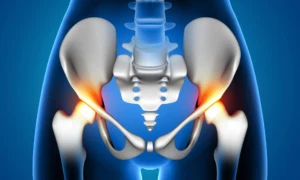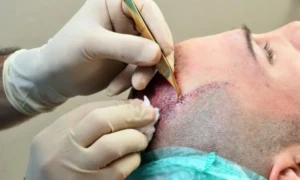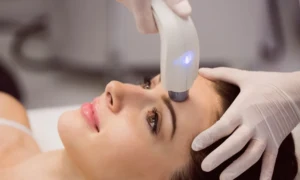Adenomyosis is a condition that affects many women around the world, causing pain and discomfort due to the abnormal growth of tissue in the uterus. While medical treatments are available, some individuals seek complementary approaches to alleviate symptoms and improve overall well-being. In this article, we explore the potential benefits of vitamins in treating adenomyosis, offering a holistic perspective on managing this challenging condition.
Vitamin D:
Often referred to as the “sunshine vitamin,” Vitamin D plays a crucial role in maintaining immune function and reducing inflammation. Recent studies suggest a potential link between Vitamin D deficiency and the severity of adenomyosis symptoms. Sun exposure, fortified foods, and supplements are effective ways to boost Vitamin D levels. Consult with a healthcare professional to determine the appropriate dosage for your specific needs.
Vitamin E:
As a powerful antioxidant, Vitamin E may contribute to managing oxidative stress and inflammation associated with adenomyosis. It is known for its ability to support reproductive health and regulate hormonal balance. Foods rich in Vitamin E include almonds, sunflower seeds, spinach, and broccoli. Alternatively, supplements can be considered under the guidance of a healthcare provider.
Vitamin C:
Known for its immune-boosting properties, Vitamin C can help combat inflammation and support tissue repair. Additionally, Vitamin C aids in the absorption of iron, an essential mineral for women with adenomyosis who may experience heavy menstrual bleeding. Citrus fruits, strawberries, and bell peppers are excellent natural sources of Vitamin C.
Vitamin B Complex:
The various B vitamins, such as B6, B12, and folate, play a vital role in hormonal balance, energy production, and nerve function. These vitamins are essential for overall reproductive health and may contribute to managing adenomyosis symptoms. Whole grains, leafy greens, lean proteins, and fortified cereals are excellent dietary sources of B vitamins.
Omega-3 Fatty Acids:
While not a vitamin, omega-3 fatty acids deserve mention for their anti-inflammatory properties. Fish oil supplements or incorporating fatty fish like salmon, mackerel, and flaxseeds into your diet can help reduce inflammation and may offer relief from adenomyosis symptoms.
Conclusion:
While vitamins alone cannot cure adenomyosis, they can be valuable additions to a holistic treatment plan. Consult with a healthcare professional before incorporating any supplements into your routine, as individual needs vary. Remember that these vitamins are not a substitute for medical advice and conventional treatments of adenomyosis. By combining a balanced diet, proper supplementation, and medical guidance, individuals with adenomyosis can enhance their overall well-being and manage the condition more effectively.








































